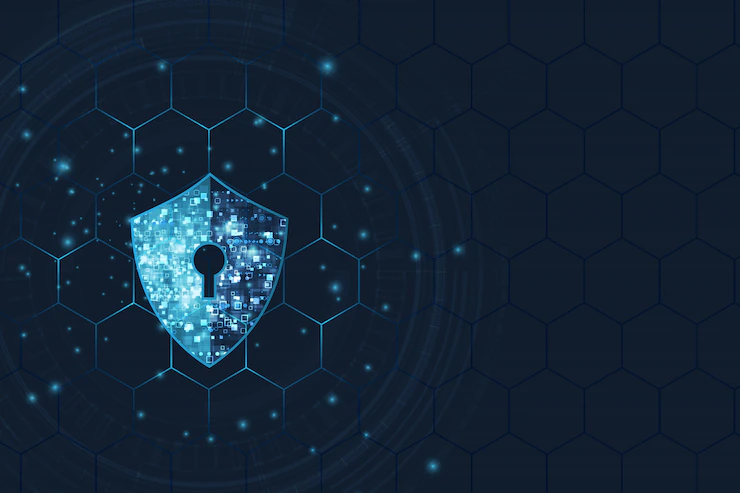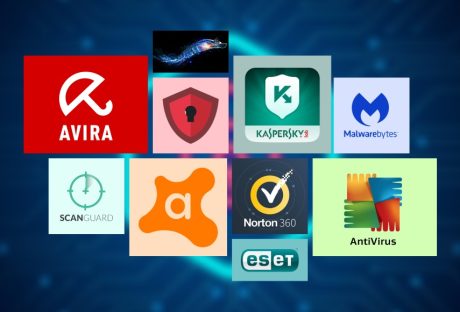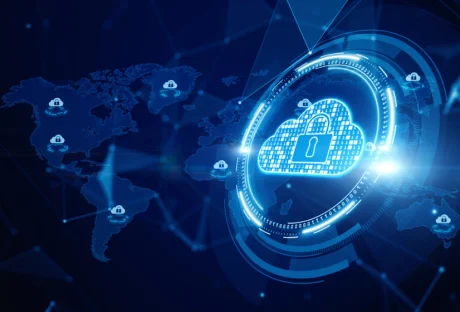While the internet has had a big role in the development of society, that doesn’t mean it’s been perfect over the years nor that it will be in the future.
There are many areas in which the internet has failed, and perhaps the biggest and the most significant one for everyday internet users is privacy.
And while people are afraid of sharing everything on this massive platform, there’s perhaps a light at the end of the tunnel for our online privacy—the mass adoption of blockchain technology and cryptocurrencies in the form of a decentralized VPN protocol.
You’ve probably heard about VPNs by now and even started thinking about how they can improve your online security. But if you’re new to the world of VPNs, you might be confused as to what VPNs actually do and how they work.
The advantage of using a VPN is that it provides military-grade encryption, thereby allowing you to protect your IP address.
Unfortunately, there are still many disadvantages associated with traditional VPNs; most importantly, these networks are expensive and require plenty of server nodes around the world. However, the MYST VPN seeks to solve these issues by using nodes that are hosted on home users’ laptops.
In this article, we will try to demystify the concept of the decentralized VPN protocol, known as MYST.
What Exactly Is The Mysterium Network?
The Mysterium Network is an open-source and free environment that intends to “liberate the web” through tools, protocols, and digital infrastructure. In actuality, developers are attempting to build a “censorship-resistant” technology for a new generation of online products, with the VPN serving as the first of many examples.

Their blockchain-based strategy has proven to be successful, with over 100,000 active members and 3,800+ nodes around the world. Along with Orchid and Sentinel, it claims to be the first decentralized VPN of its sort.
Payments are handled through a native cryptocurrency token called MYST in the peer-to-peer decentralized private virtual network (VPN).
VPN Payments With Mysterium
Mysterium VPN is a pay-as-you-go service that accepts MYST coins as its native form of payment. According to Mysterium, 1 MYST is about equivalent to 10 GB – 30 GB of streaming, with a single MYST coin costing around $0.17 at the moment.
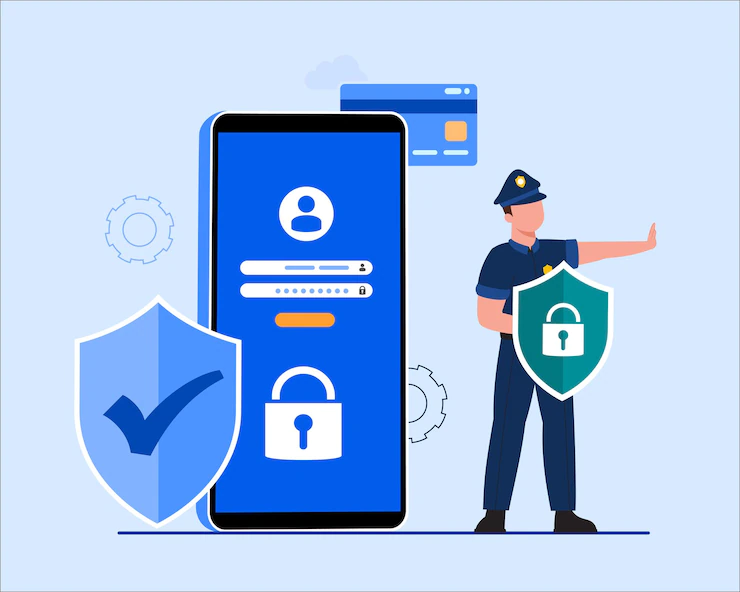
Instead of the subscription-based model used by most other premium VPN services, MYST tokens can be used to pay for the date and time you use. According to the official website of MYST, Mysterium only accepts cryptocurrency as payment, enabling you to pay for your privacy discreetly.
This isn’t necessarily a negative thing, but it would probably make the system less accessible to new users. The most recent version of the app (10.1.0), however, now allows you to top up your account with a credit card using USD, GBP, or EUR.
Mysterium’s Aims
MYST’s goal is to create a more secure, private, and decentralized internet through the use of blockchain technology. The project aims to build a global community where everyone can connect freely.
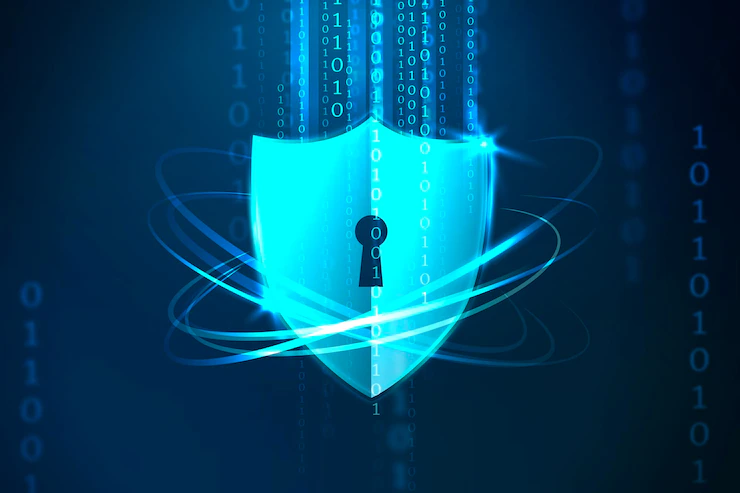
MYST’s objective is to decentralize access to internet services such as Facebook and Twitter by allowing users to access them directly from their own devices at any time, with no restrictions or censorship.
This will allow individuals and businesses alike to share information freely and collaborate with their peers without having to rely on centralized servers.
Comparing It To Other VPNs
Traditional VPNs are based on centralized technology, which means they have a single point of failure. However, Mysterium is decentralized, meaning there’s no single point of control or storage for the user’s records. As a result, even if they wanted to, they can’t keep or track logs of the user’s traffic.

That’s a big positive for anyone concerned about internet privacy, particularly in a world where alliances like the 9 Eyes, 5 Eyes, and 14 Eyes exist. It moves users away from a trust-based system in which we must rely on periodic audits to ensure that VPNs adhere to their logging policies.
Because traffic is dispersed across their vast network of residential IPs, it is technologically difficult to store user records centrally in a decentralized system. Instead of sending data via tunneled servers for encryption, they use a vast network of nodes that are managed by volunteers.
They claim that the service closely matches the design of TOR, but has the same ease of use as a VPN and that there is no way to sign in with a number, email address, or any other identifying information.
Final Thoughts
Mysterium VPN seems to be a useful Web 3.0 application with enough features to set it apart from other VPN providers. Take, for instance, the pay-as-you-go approach or the lack of centralized infrastructure.
These are important advantages that set it different from other well-known brands in the industry. It works to unblock streaming services, and they have a vast global network of nodes.
Overall, Mysterium VPN is expected to improve further in the future. Decentralized systems may be a reasonable alternative to most competitors’ successful subscription-based model, but limited payment choices may be a major barrier to customer acceptance. We’ll have to wait and see.
Additionals:













